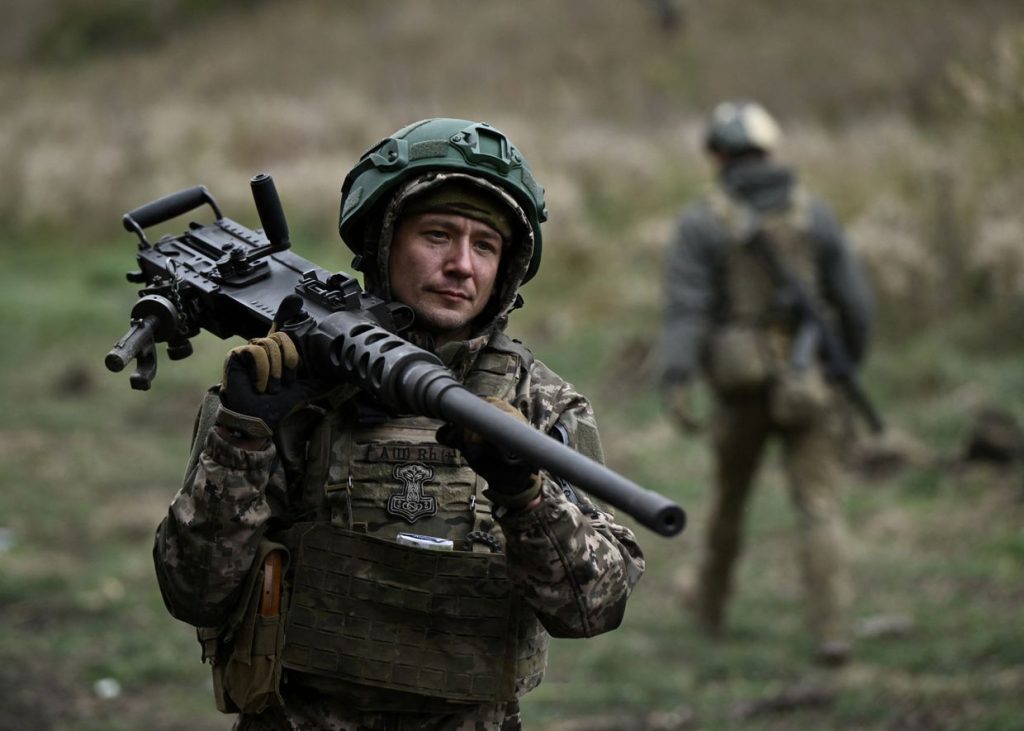NATO is set to rethink its relationship with Russia for the first time in decades, with defense ministers from member nations meeting in Brussels on October 17-18 to discuss the matter. A senior U.S. official has stated that it is time to craft a new strategy in terms of the allies’ specific positions towards Russia. This marks a significant shift in NATO’s approach to Russia, which has been strained in recent years due to conflicts such as the annexation of Crimea and the ongoing conflict in Ukraine.
The decision to reassess NATO’s relationship with Russia comes at a time of heightened tensions between the two sides. Russia’s actions in Ukraine and its involvement in conflicts in Syria have raised concerns among NATO members about Moscow’s intentions and capabilities. The alliance is now looking to reshape its approach in order to better address these challenges and protect its members.
One of the key issues that will be discussed by NATO defense ministers is the ongoing conflict in Ukraine and Russia’s role in the region. The annexation of Crimea by Russia in 2014 sparked a crisis in Ukraine that continues to this day, with ongoing fighting between Ukrainian forces and Russian-backed separatists in the east of the country. NATO has repeatedly condemned Russia’s actions in Ukraine and has provided support to the Ukrainian government, but there are concerns that more needs to be done to address the situation.
In addition to the conflict in Ukraine, NATO is also facing challenges from Russia in other areas, such as cyber warfare and disinformation campaigns. Russia has been accused of carrying out cyber attacks against NATO member states and spreading false information in order to undermine the alliance. NATO defense ministers will likely discuss how to counter these threats and strengthen the alliance’s resilience against future attacks.
The reassessment of NATO’s relationship with Russia is part of a broader effort by the alliance to adapt to the changing security environment in Europe. With new threats emerging from Russia and other actors, NATO is looking to strengthen its deterrence and defense capabilities in order to better protect its members. This includes increasing military spending and improving coordination among member states in order to respond more effectively to potential threats.
Overall, the decision to rethink NATO’s relationship with Russia reflects the alliance’s commitment to adapting to the evolving security landscape in Europe. By crafting a new strategy towards Russia, NATO aims to better address the challenges posed by Moscow’s actions and strengthen the alliance’s ability to defend its members. The upcoming meeting of defense ministers in Brussels will provide an opportunity for NATO to discuss these issues and lay the groundwork for a more coherent and effective approach to dealing with Russia in the years to come.


